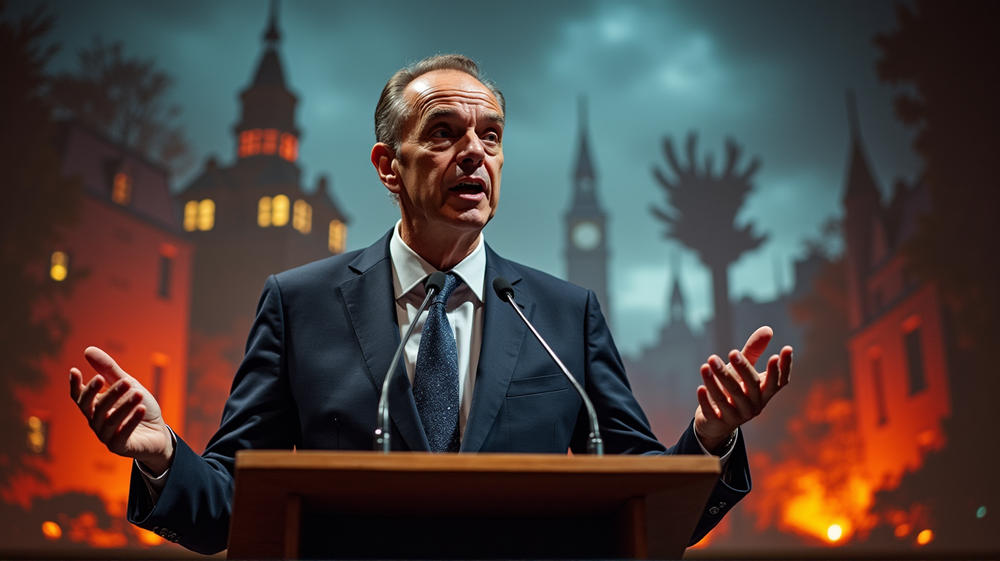Germany's Merz Emphasizes the Economic Necessity of Foreign Policy
In a bold assertion at the CDU regional congress in Osnabrück, Germany’s Federal Chancellor Friedrich Merz declared the indispensable role of foreign policy, not only politically but as a vital instrument for economic sustainability. “Attention to foreign policy is necessary, also for economic reasons,” he emphasized, drawing the spotlight to the symbiotic relationship between Germany’s global engagements and its economic health.
The Interplay Between Export and Policy
With Germany standing as one of the world’s leading export landscapes, Merz argued that overlooking foreign policy is not an option. In his speech, he articulated, “You can’t just engage in domestic policy.” This statement underscores the intricate link between Germany’s economic vigor and its diplomatic strategies, necessitating an active international presence.
Addressing Economic Woes
Merz’s speech didn’t shy away from the challenges ahead. Acknowledging the deep-rooted and expansive issues within the economy, he remarked, “The task of emerging from the recession is more difficult than some imagined.” His candidness on the structural weaknesses that have persisted over years speaks to a grim economic landscape that requires immediate and strategic interventions.
Innovative Solutions Beneath Global Alliances
Germany’s response to these economic challenges appears as an “immediate program,” offering increased depreciation options for businesses. Pairing these domestic measures with international alliances, Merz highlighted the importance of agreements like the EU-US trade pact, describing it as “quite acceptable” for its role in preventing trade escalations. According to Agenzia Nova, these global alliances forge pathways toward economic resilience and independence.
Charting a New Course
Merz called for a shift towards greater independence, not only economically but also militarily. His vision for Germany as a “captain” in the global arena hints at a leadership role, steering its own course through a collaborative yet self-reliant approach. This dual strategy of working within alliances and shoring up internal capacities paints a future where Germany can navigate the complexities of global trade and geopolitics with agility.
Germany’s current and future policy directions reflect a delicate balancing act of harnessing foreign policy to buttress its economic imperatives. By embedding economic considerations into the core of its diplomatic efforts, the nation aims to craft a robust milieu for growth amidst global challenges.




